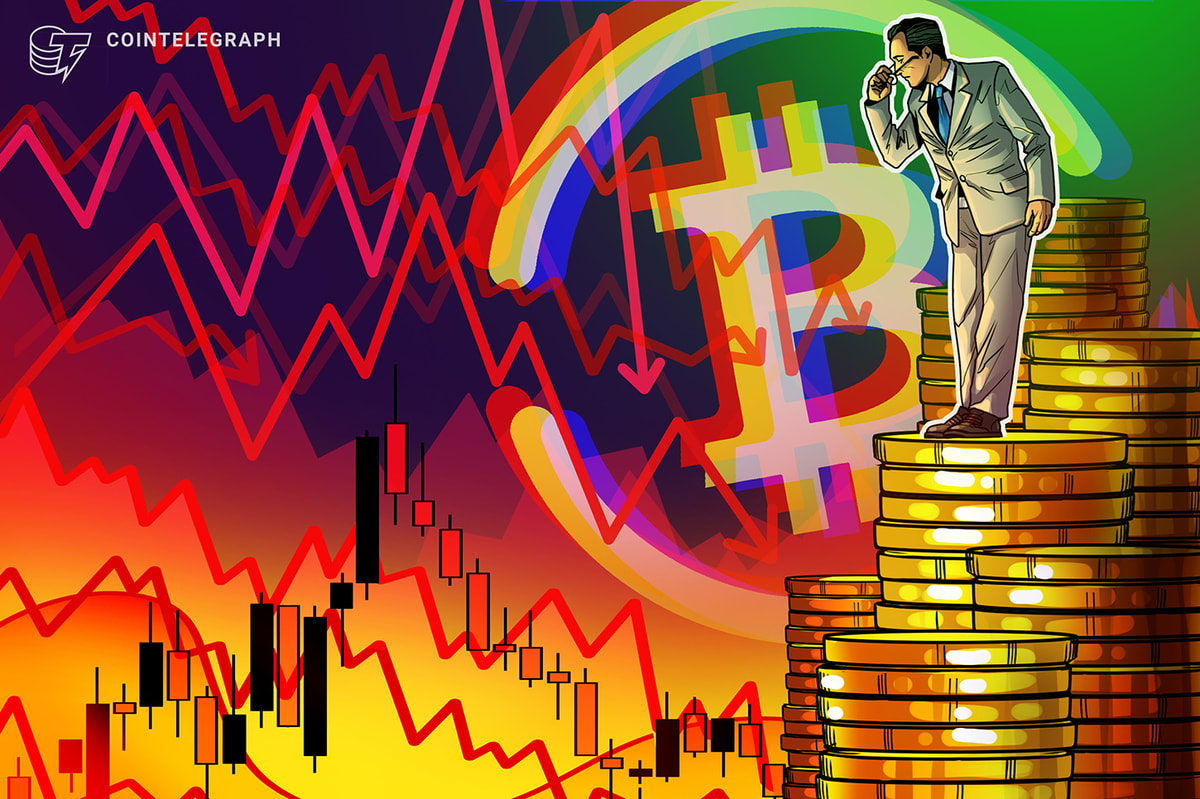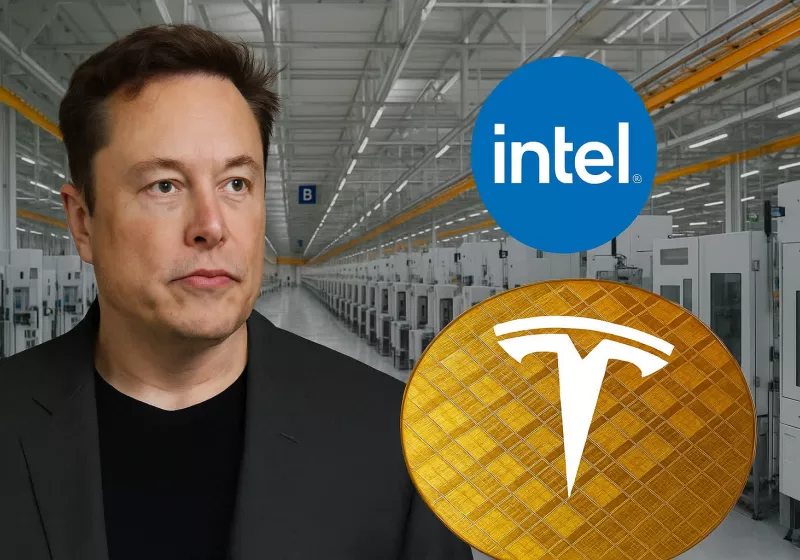Trading platform Robinhood’s crypto revenue increased 98% year-on-year to $160 million in the second quarter as CEO Vlad Tenev doubled down on plans to lead the real-world asset tokenization market in the US and abroad.
Total net revenue climbed 45% year-on-year to $989 million, while net income increased by 105% to $386 million, Robinhood said in its earnings statement on Wednesday.
Despite beating Wall Street expectations, company shares slightly retraced in after-hours trading.
Crypto volumes also increased 32% in the quarter to $28 billion as the crypto market cap grew 21.7% to $3.36 trillion.
Robinhood wants to tokenize hard-to-reach alternative assets
“We believe tokenization is the biggest innovation our industry has seen in the past decade,” the CEO said after Robinhood late last month rolled out a tokenization-focused layer 2 blockchain — Robinhood Chain — for stock trading in Europe.
Tenev said Robinhood’s main focus in the US market would be to tokenize alternative assets that were “previously inaccessible.”
“Private markets and related real-world assets are opportunities that don’t exist up until now,” and “we’re working with regulators to make that possible.”
Tenev was referring to everything from private shares and venture capital funds to real estate that has typically been off-limits to retail investors due to regulatory and liquidity barriers.
It comes almost two months after Robinhood’s $200 million acquisition of crypto exchange Bitstamp, which is set to play a pivotal role in the company’s tokenization strategy.
Robinhood’s tokenization offerings have raised legal concerns
Tenev said he has seen strong interest from developers wanting to tokenize company assets on Robinhood since unveiling the tokenization strategy in Cannes, France, late last month:
“Since our event, we’ve just got lots and lots of calls from developers that either want to tokenize the shares of their own companies or otherwise jump on the tokenization of real-world assets revolution and partner with us.”Robinhood has already issued private equity tokens in Europe that resemble OpenAI and SpaceX shares.
However, the tokenization offerings recently sparked a legal inquiry in Lithuania, while OpenAI warned that Robinhood’s OpenAI token doesn’t resemble actual equity in the company.
Robinhood more equipped for tokenization, CEO argues
Asked how Robinhood’s tokenization platform would outscale public blockchains, Tenev pointed to the company’s 25 million US users and the $1 trillion in assets that they already hold under custody.
“[That] going to be very, very difficult for others to replicate,” Tenev said, noting that none of Robinhood’s competitors or blockchain-native firms are “really going after this specific opportunity.”
“There’s a lot of chains out there that want to build the best chain for degen traders, but I think the opportunity for real-world assets and the unique characteristics that they have [...] I don’t think anyone else is tackling as directly.”Related: eToro to tokenize 100 most popular US stocks on Ethereum
While Tenev’s comments were directed at layer 2s, Ethereum continues to dominate the crypto tokenization market, securing nearly $7 billion worth of real-world assets, RWA.xyz data shows.
Ethereum layer 2 ZKsync Era comes in second with $2.4 billion, accounting for a near 19% market share.
Magazine: Will Robinhood’s tokenized stocks REALLY take over the world? Pros and cons

 3 months ago
38
3 months ago
38








 English (US) ·
English (US) ·